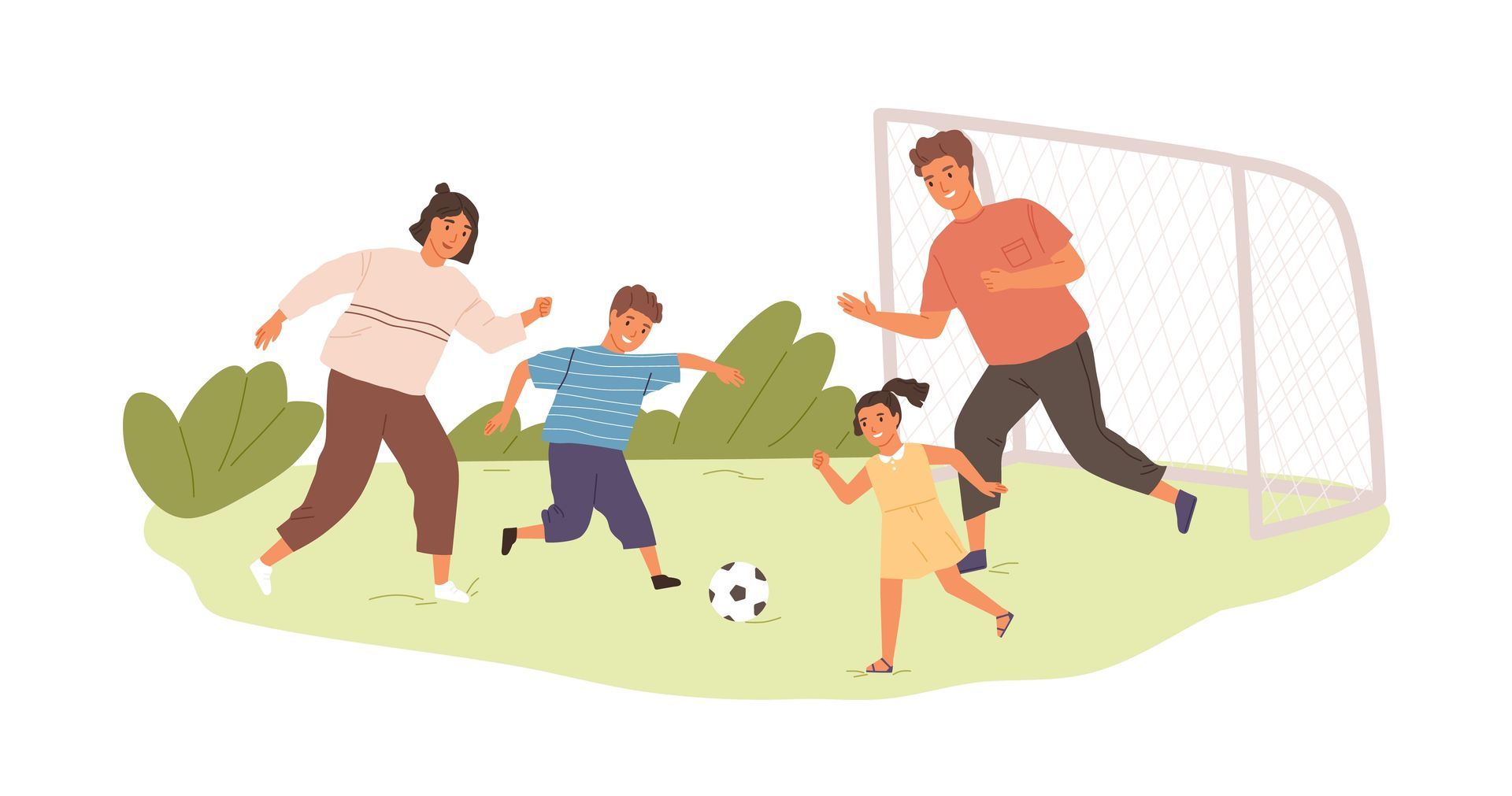Play has been around since humans first existed. So why do we stop playing?

There are many ways humans play.
Children commonly play, beginning with simple object permanence games such as 'peek-a-boo' and progressing into pretend play roles like 'mummy' and 'daddy' games before settling into adulthood with our preferred choice of video games, board games, sport, or something else. Some of this progression is developmental and some of it cultural, but we truly never stop playing as humans.
There are many skills that play facilitates such as narrative development, emotional expression, perspective-taking, insight, problem solving, present moment awareness, divergent thinking, and broad associations. These skills that are necessary for play are also necessary for psychological health. It could be argued that playing, something almost everyone has done instinctively since they were young, is a tool readily available to help regain some skills we may have forgotten in our work-focused life.
So how do we play when we are busy, serious adults?
First, we must recognise its importance.
Play can help move people into what is known as the 'social engagement system', a neural network that promotes creativity, flexible thinking, social activity and it feels safe. In this state, debriefing can occur and people can ' play out' solutions or express emotions freely. Play therapy is a legitimate form of therapy, commonly used for children, that works in healing people not because play therapy is different to play, but because play is therapy. Having said that, children often fight when they play, showing us that the feeling of safety is not guaranteed in all forms of play, there must be clear boundaries (something that play and games often come with).
Second, if we believe it to be essential, we must make time for it.
This can be the hard part for someone with a lot on their plate. Finding motivators or cues to move into play could be helpful. Use playful people around you to remind you to play; dogs, cats, rabbits and (of course!) children are great ways to engage a playful side. Reminding ourselves that our sporting commitments are an opportunity to play is also helpful. It can be as simple as a calendar reminder to play.
Play can be a powerful tool for all ages and abilities because the possibilities are endless.
It is also something almost everyone has access to, and with such a wide range of psychological skills getting flexed in the process! Engaging the social engagement system can be hard in a busy life, but returning to a childish memory and finding ways to play is a resource most people have in their memory bank.
Try it and see if you feel a difference.
References
Russ, S. W. (2014). Cognitive processes in pretend play and creativity. In Pretend Play in Childhood. American Psychological Association
Thomas, D. A., & Morris, M. H. (2020). Creative play therapy with adolescents and adults: moving from helping to healing. Routledge.






